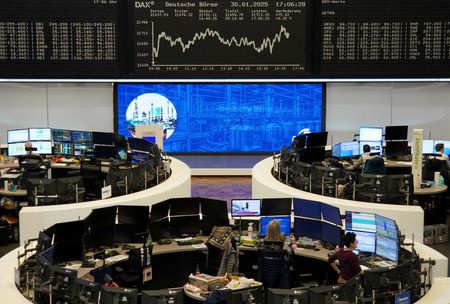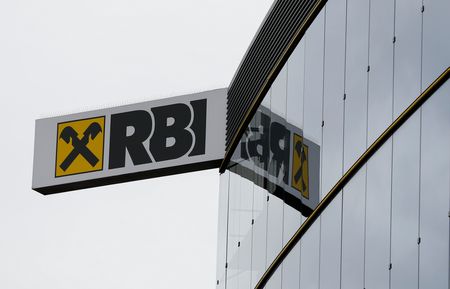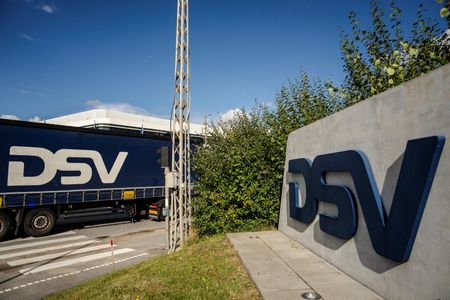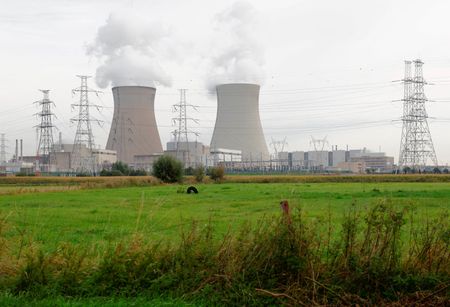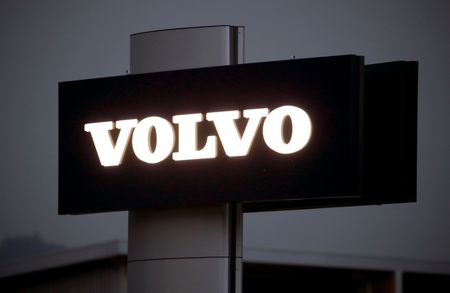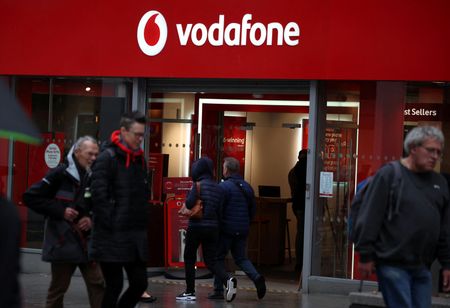BEIJING (Reuters) – China on Tuesday announced a wide range of measures targeting U.S. businesses including Google, farm equipment makers and fashion brand Calvin Klein’s owner, minutes after additional U.S. tariffs on Chinese goods took effect.
The measures were announced as Beijing also slapped tariffs on some U.S. products such as coal and gas in a rapid response to the new duties on Chinese goods imposed by U.S. President Donald Trump, and mark escalating trade tensions between the world’s two biggest economies.
China’s Commerce Ministry said it had put PVH Corp, the holding company for brands including Calvin Klein and Tommy Hilfiger, and U.S. biotechnology firm Illumina on its “unreliable entity” list.
It said the two companies took what it called “discriminatory measures against Chinese enterprises” and “damaged” the legitimate rights and interests of Chinese companies.
Companies added to the blacklist can be subject to fines and a broad range of other sanctions, including a freeze on trade and revocation of work permits for foreign staff.
Separately, China’s State Administration of Market Regulation said Google was suspected of violating the country’s anti-monopoly law, and it had initiated an investigation into the company in accordance with the law. It did not offer any further details on the investigation or on what it alleged Google had done to breach the law.
Google products such as its search engine are blocked in China, but it works with local partners such as advertisers in the country.
Google, PVH and Illumina did not immediately respond to requests for comment outside regular U.S. business hours.
PVH had already been under scrutiny from Chinese regulators over “improper” conduct related to the Xinjiang region.
China’s Finance Ministry also announced 10% tariffs on farm equipment and some autos that could impact U.S. firms such as Caterpillar and Deere & Co.
The new tariffs on U.S. products will start on Feb. 10, the ministry said.
The announcements made on Tuesday ramped up trade restrictions between Beijing and Washington that had been largely limited to the tech sector under the administration of former U.S. President Joe Biden, which sought to restrict China’s access to high-end semiconductors.
China said in December it had launched an investigation into Nvidia over a suspected violation of the country’s anti-monopoly law, a probe widely seen as a retaliatory shot against Washington’s latest curbs on the Chinese chip sector.
Intel’s products sold in China were also called for a security review late last year by an influential Chinese industry group.
(Reporting by Beijing bureau and Farah Master in Hong Kong; Writing by Miyoung Kim; Editing by Jamie Freed and Saad Sayeed)


